4 Proven Ways for Stroke Patients to Recover Faster
A stroke occurs when blood flow to the brain is altered from blocked, narrowed, or burst blood vessels. After such a life-threatening occurrence, many individuals may re-evaluate their life choices, resulting in dramatic changes. For instance, your career may not seem as vital when compared to your health and the quality of life after stroke. The good news is that there are ways for stroke patients to recover faster, which include lifestyle changes and rehabilitation therapies to prevent future strokes.
At Fairview Adult Day Care Center in Brooklyn NY, we provide stroke rehab to ensure individuals have everything they need for a speedy recovery – rehabilitation therapies, emotional support, and recreational activities for visitors to our facility. Trained therapists also provide advice to make healthy lifestyle choices.
For more information on how to speed up your recovery after a stroke, check out the 4 ways that will help.
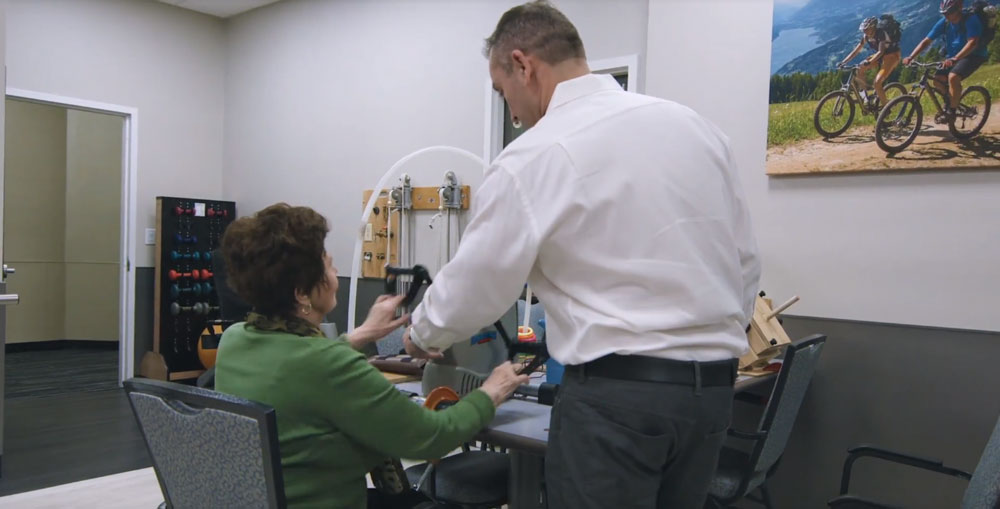
1. Exercises and Rehabilitation Therapies
After a stroke, mobility, coordination, and balance may be affected. Such issues affect walking, climbing stairs, or even just standing. To regain these abilities after a stroke, physical therapy and exercises are crucial. It uses various exercises designed to help individuals relearn lost skills. Trained therapists customize the treatments to match the needs of each person.
Occupational therapy is another essential factor since the side effects of strokes often make daily tasks difficult. These include dressing, bathing, cooking, eating, and using the toilet. Specialized training and exercises help stroke patients learn new methods for performing such tasks.
Language and speaking skills may need work after a stroke, requiring speech therapy for some individuals. Speech therapy helps people learn new ways to communicate. It also includes swallowing therapy for those with choking concerns.
2. Emotional support
Stress is a contributing factor to strokes, causing high blood pressure, narrowed arteries, and inflammation. It also leads to higher levels of anxiety and depression. One of the best ways to speed up recovery after a stroke and prevent future occurrences is to reduce stress.
Emotional support from trained counselors, group sessions, and family and friends lowers stress levels. You may also want to make some lifestyle changes, which we’ll discuss below.
3. Attend a support group or adult day care
Support groups and adult day care centers are frequented by those experiencing the same post-stroke issues as you are. Adult day care centers also have the advantage of offering various rehab therapies, including physical, occupational, and speech therapies.
Recreational therapies offer a range of activities to boost your mood and increase social interactions. Trained therapists are also on hand to offer emotional support to those who need professional assistance.
4. Change lifestyle
Poor lifestyle choices often contribute to strokes, so altering certain factors is essential. For the best results, consider making these changes:
- Work habits – Some careers are more stressful than others, depending on the job, co-workers, and the work environment. Consider switching to a more relaxed job doing something you enjoy
- Eating habits – Unhealthy meals high in saturated fats, trans fats, salt, and cholesterol contribute to several health conditions, including strokes. Replace unhealthy choices with fruits, vegetables, and high-fiber options.
- Sleep habits – The body does the most healing when it’s at rest, so poor sleep habits slow your stroke recovery. Try to get 8 to 9 hours of sleep every night for faster healing.
Resources:
https://www.ninds.nih.gov/health-information/disorders/stroke
https://www.cdc.gov/stroke/treatments.htm
https://www.bhf.org.uk/informationsupport/heart-matters-magazine/news/behind-the-headlines/stress-and-heart-disease
https://www.mayoclinic.org/diseases-conditions/stroke/in-depth/stroke-rehabilitation/art-20045172
This article is for educational and informational purpose only and does not substitute for professional medical advice. For any questions about your own health condition, speak to a qualified physician or healthcare provider.

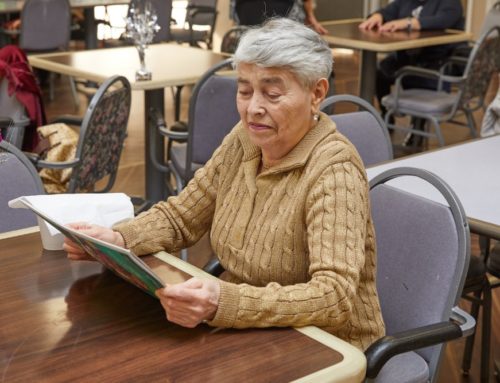


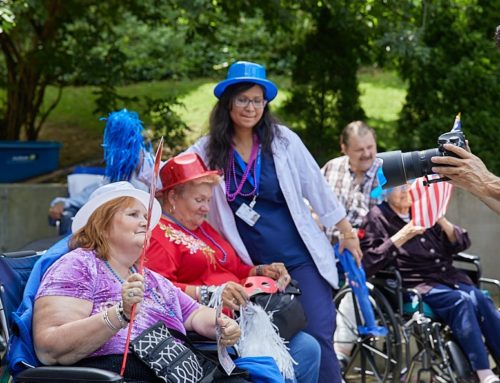
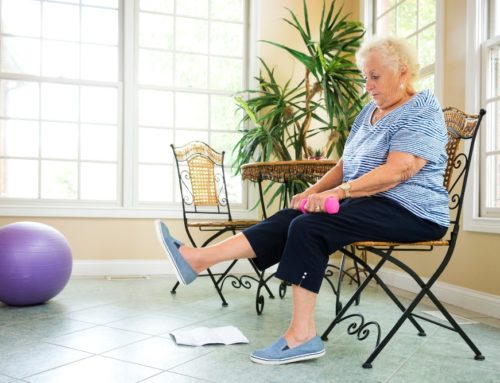
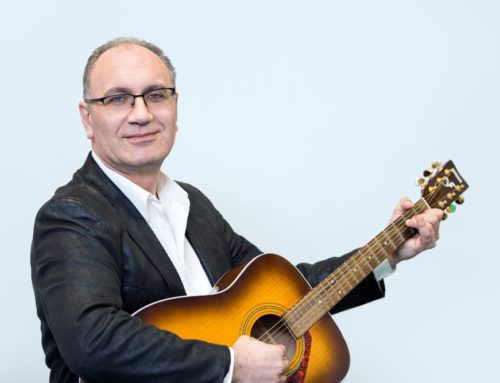
Leave A Comment